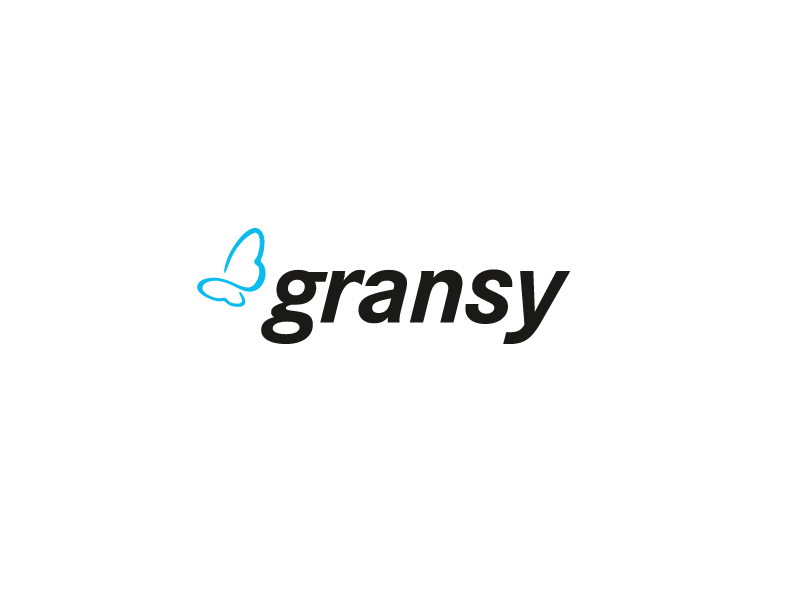Some fishermen were drinking beer and, of course, exchanging stories about fishing—on which place, what they used as bait… Two hours of friendly speech, and all of a sudden, obviously after a couple of rounds of beer, they started with the usual overestimation of fish size they catch. One spread hands to show the size of 1m, and the other asked, “That big fish you catch?”, while the first said: “No, that was the size of the fish eye that I caught”… Fishermen tales, you know… But to see the same exaggeration effect in the domain world, I was thinking that it is quite unique. Nope…

One entity in one of the Balkan countries was using a US-based registrar and US-based hosting services for their governmental websites. Weird. Usually, governmental domain names can be found on a special, restricted SLD (.gov) in the local ccTLD. Not this one; they were using .net – a generic TLD. At least, they were using a local hosting company. Yup, we are talking about Republika Srpska, part of Bosnia and Herzegovina. And then, their domain was not working; it is not clear why. And we have witnessed the fisherman tales effect, fueled by media around the globe, saying that “US sanctions was practiced on that particular domain name”. And some investigative journalist opened WhoIs, to dig the name of the registrar who sanctioned domain name. The story is now in the wild – a sanctioned domain name!
In fact, just a couple of days later, the .net domain was back to life. Even now, it redirects to a new RS (Serbia) domain name (301Redirect) that was bought for the purpose of governmental websites in the meantime. Sanctions for a few days? Not quite possible. Details about why the domain was “on hold”? No statement. What happened? We can just wild guess; there are no relevant details, maybe it was a DNS resolver, or maybe something with the registrar, or maybe hosting. But the government of that entity, fueled by story of sanctions, will sue the registrar. And still, they didn’t learn anything. They now have a foreign registrar again, and a domain name in some other country. It is expected that this story continues, while everyone involved is making fisherman tales of it. How big that fish is, tell me? What you used as a bait?
Wait, wait, wait! The idea of a “sanctioned domain name” can be a solution to our problem! Let’s say you have found an advertisement on the website on some domain name, let’s say a generic TLD, and you just block the domain name? Why stop there? Block the registrar that sold that domain name! But do not block the hosting provider because it is very hard to find him. And exactly that was happening to us in India, together with other 4 international registrars. And by the decision of the Indian state court, every ISP in the country must block all Gransy websites and other 4 registrars. We are now under sanctions in India, for something we don’t have responsibility for — an offensive advertisement on someone else’s website! The owner of that website just bought domain name from us, but that “mighty WhoIs” shot us down again…
Maybe it is not a good solution, what do you think? If you ask me, this solution is of the same nature as fisherman tales – exaggerations…
[TO BE CONTINUED]


[…] 24. 11. 2023 – gransy – Registrar Protection Act (4): Domain name under sanctions? […]